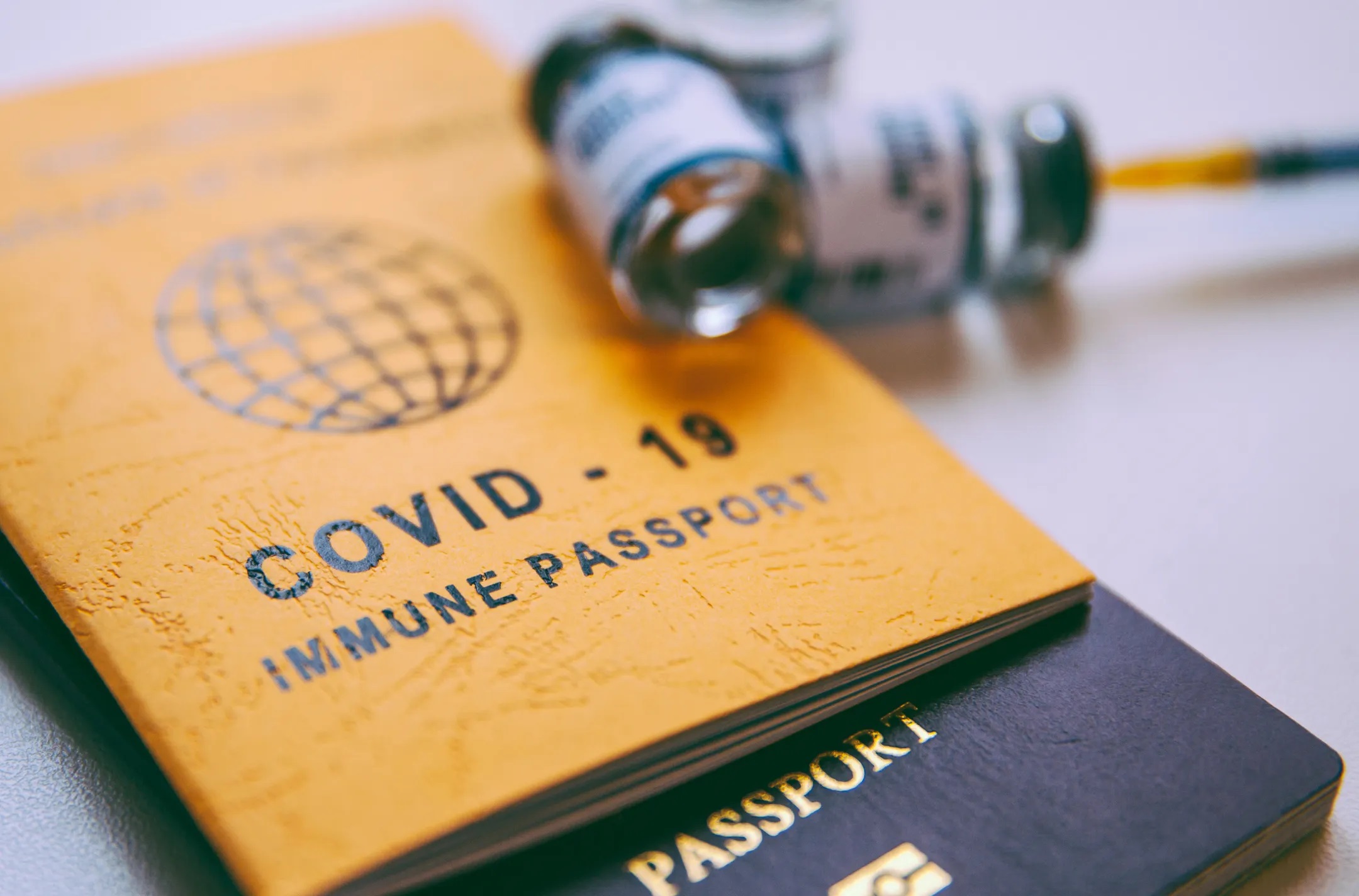12254
0
Covid passports could be introduced in the Union
By the summer season, new certificates, so-called COVID passports, could be introduced in the European Union (EU).

Yazar: Tom Roberts
Yayınlanma: 13 Nisan 2021 20:51
Güncellenme: 2 Mart 2026 19:34
Covid passports could be introduced in the Union
By the summer season, new certificates, so-called COVID passports, could be introduced in the European Union (EU). This was stated by European Commissioner for Justice Didier Reynders on Tuesday in the European Parliament. Both the airlines and the tourism industry in the bloc rely on these certificates, ie the sectors that have been particularly hard hit by the blockades and the order of the social distance to stop the spread of the COVID-19 pandemic. The travel certificate proposed by the EU should include information on vaccinations, tests or recovery from COVID-19. And it should apply until the World Health Organization (WHO) announces the end of the pandemic, Reynders told lawmakers. "What we want is to provide citizens and Member States with a tool that will give them the confidence they need. A tool that the relevant authorities can rely on wherever it is needed to facilitate free movement," he said. "Similarly, airlines will be able to easily verify the validity of this certificate upon registration," said Reynders. Europe is currently facing a third wave of pandemics, but the states in the south of the bloc need revenue from tourism. Therefore, they are already putting pressure on the introduction of a tool to help their hotels, restaurants and tourist attractions recover from the pandemic. However, they encounter a more skeptical approach from more northern states, such as Belgium and Germany. Reynders emphasized that the forthcoming certificate did not constitute a "vaccination passport", as vaccination alone could not give people the right to travel freely, as this would discriminate against those who could not or have not yet received the vaccine. He also reminded that it is still not clear how long immunity will last after vaccination. In this context, EU lawmakers are interested in the protection of personal data and the practicality of checking such certificates for the millions of people who cross the border in cars and lorries in the internal Schengen area every day. Currently, health and movement restrictions vary from one EU country to another, based on the development of a pandemic in a given country.İLGİLİ HABERLER





European stocks soared and focus shifted to German retail sales after Powell's speech!

Forex Signal For TRY/USD: Inflation Slowdown in November.

Forex Signal For GBP/USD: Bullish Trend Still Not Breaking While Recovery Continues.

Forex Signal For EUR/USD: Starry US Data Points to Higher Fed Increases.

Forex Signal For BTC/USD: Downside Continues as Bitcoin Recovery Moves Less.
En Popüler Haberler
Yorum Yap
Yorumlar
Henüz yorum yapan yok! İlk yorumu siz yapın...